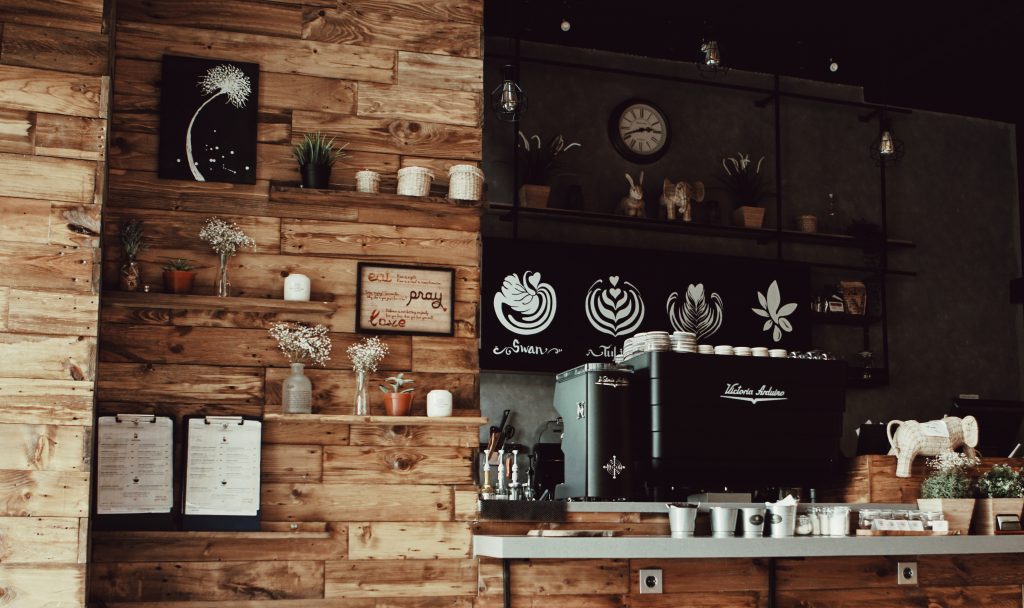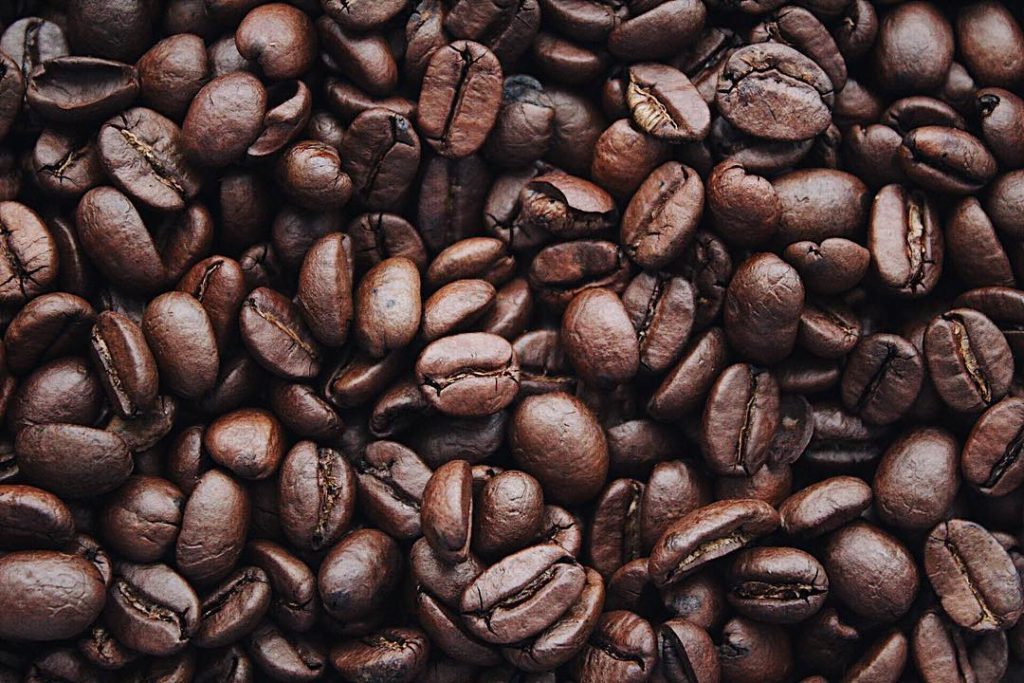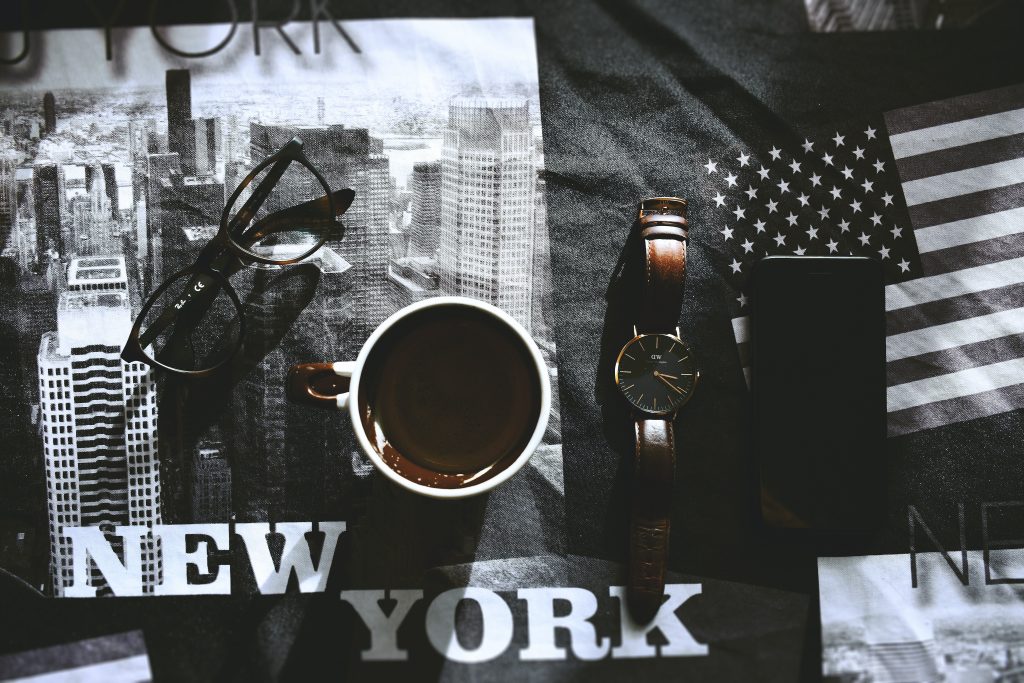
Coffee is an important part of Bosnian culture, and was a major part of its economy in the past.
Widely known as coffeehouses or cafés, establishments serving prepared coffee or other hot beverages have existed for over five hundred years. The first coffeehouse in Constantinople was opened in 1475 by traders arriving from Damascus and Aleppo.
A contemporary term for a person who makes coffee beverages, often a coffeehouse employee, is a barista. The Specialty Coffee Association of Europe and the Specialty Coffee Association of America have been influential in setting standards and providing training.
Break
A coffee break in the United States and elsewhere is a short mid-morning rest period granted to employees in business and industry, corresponding with the Commonwealth terms “elevenses”, “smoko” (in Australia), “morning tea”, “tea break”, or even just “tea”. An afternoon coffee break, or afternoon tea, often occurs as well.
The coffee break originated in the late 19th century in Stoughton, Wisconsin, with the wives of Norwegian immigrants. The city celebrates this every year with the Stoughton Coffee Break Festival.In 1951, Time noted that “since the war, the coffee break has been written into union contracts”.The term subsequently became popular through a Pan-American Coffee Bureau ad campaign of 1952 which urged consumers, “Give yourself a Coffee-Break – and Get What Coffee Gives to You.” John B. Watson, a behavioral psychologist who worked with Maxwell House later in his career, helped to popularize coffee breaks within the American culture.
Folklore and culture
There are many stories about coffee and its impact on people and society. The Oromo people would customarily plant a coffee tree on the graves of powerful sorcerers. They believed that the first coffee bush sprang up from the tears that the god of heaven shed over the corpse of a dead sorcerer.[193] Johann Sebastian Bach was inspired to compose the humorous Coffee Cantata, about dependence on the beverage, which was controversial in the early 18th century.


